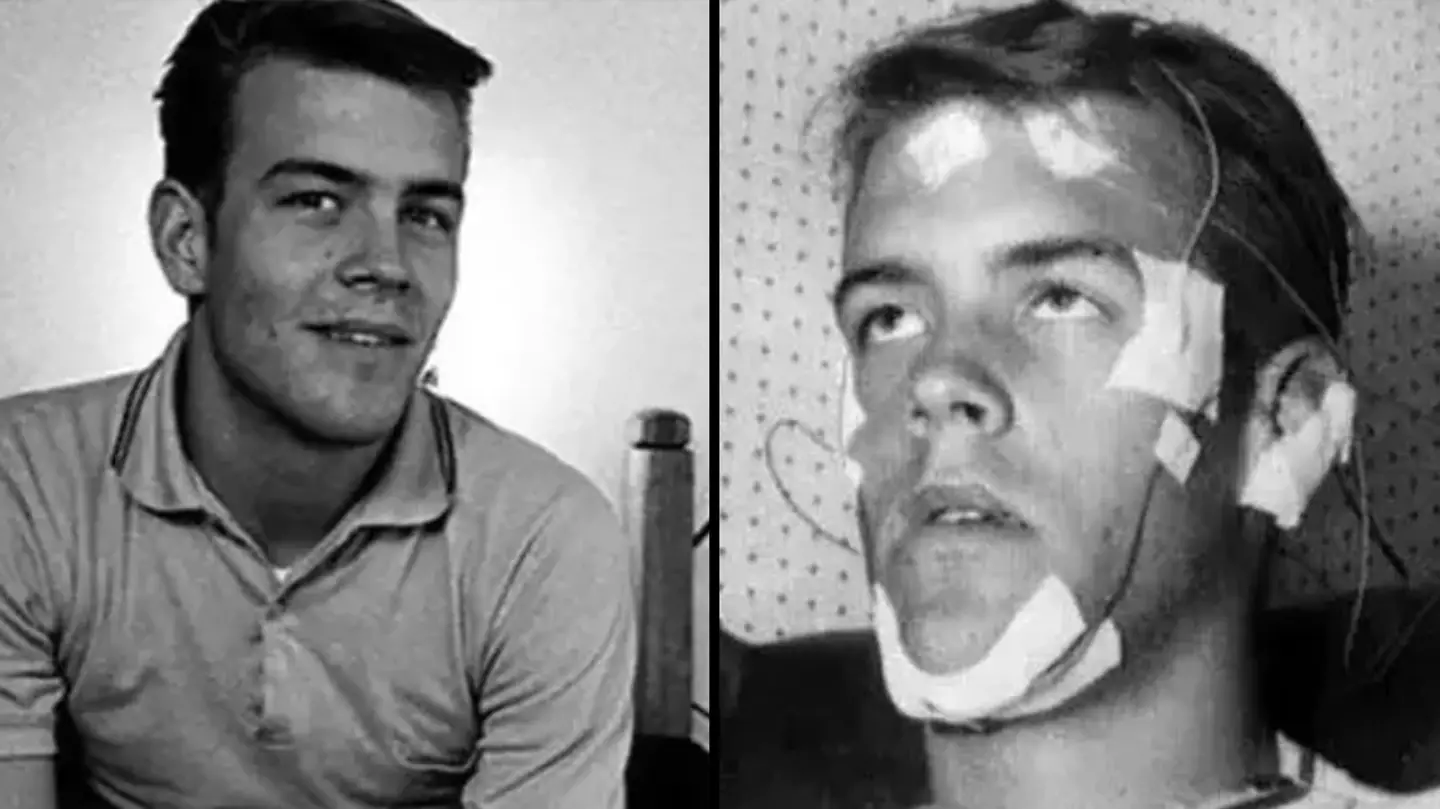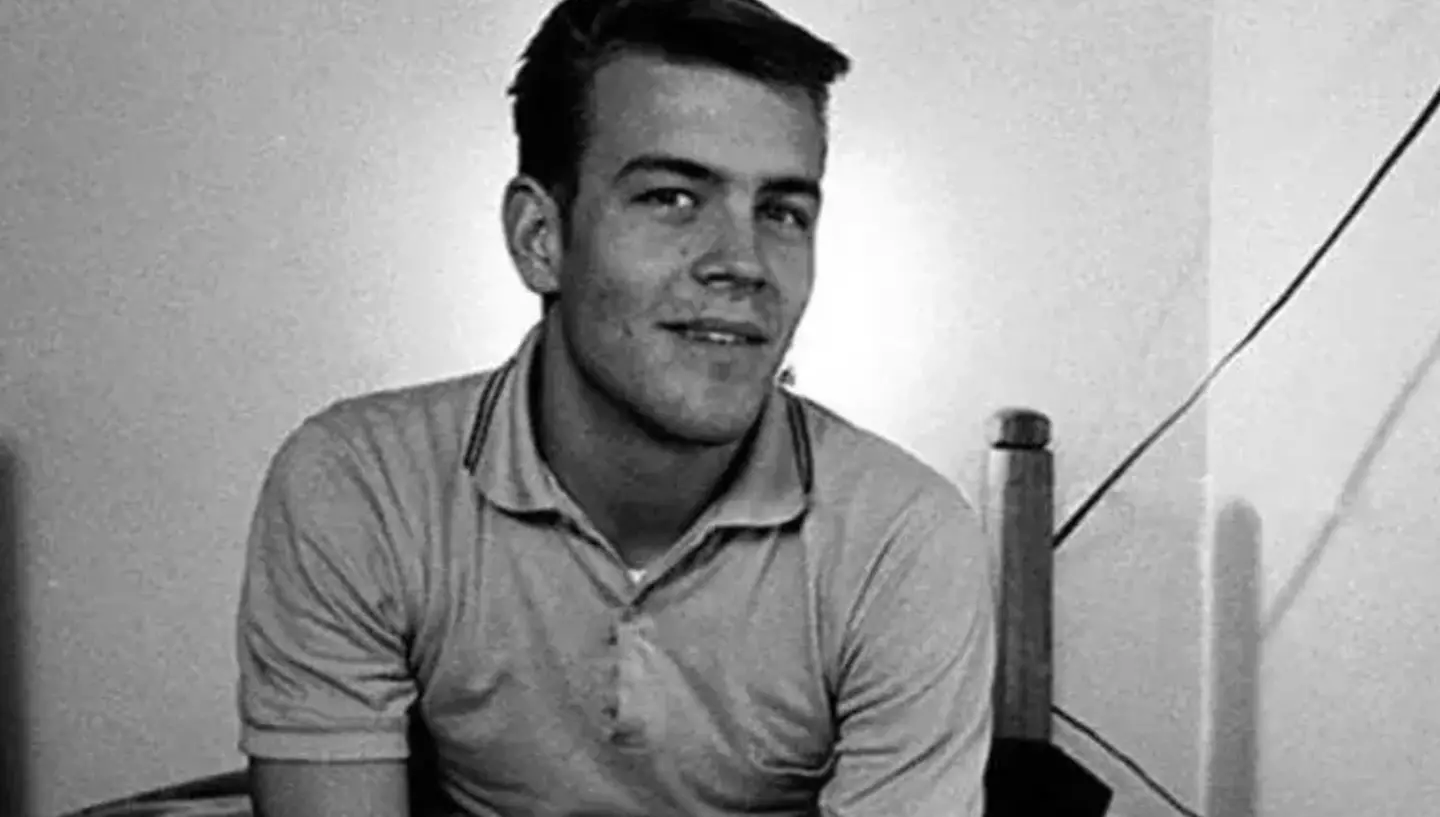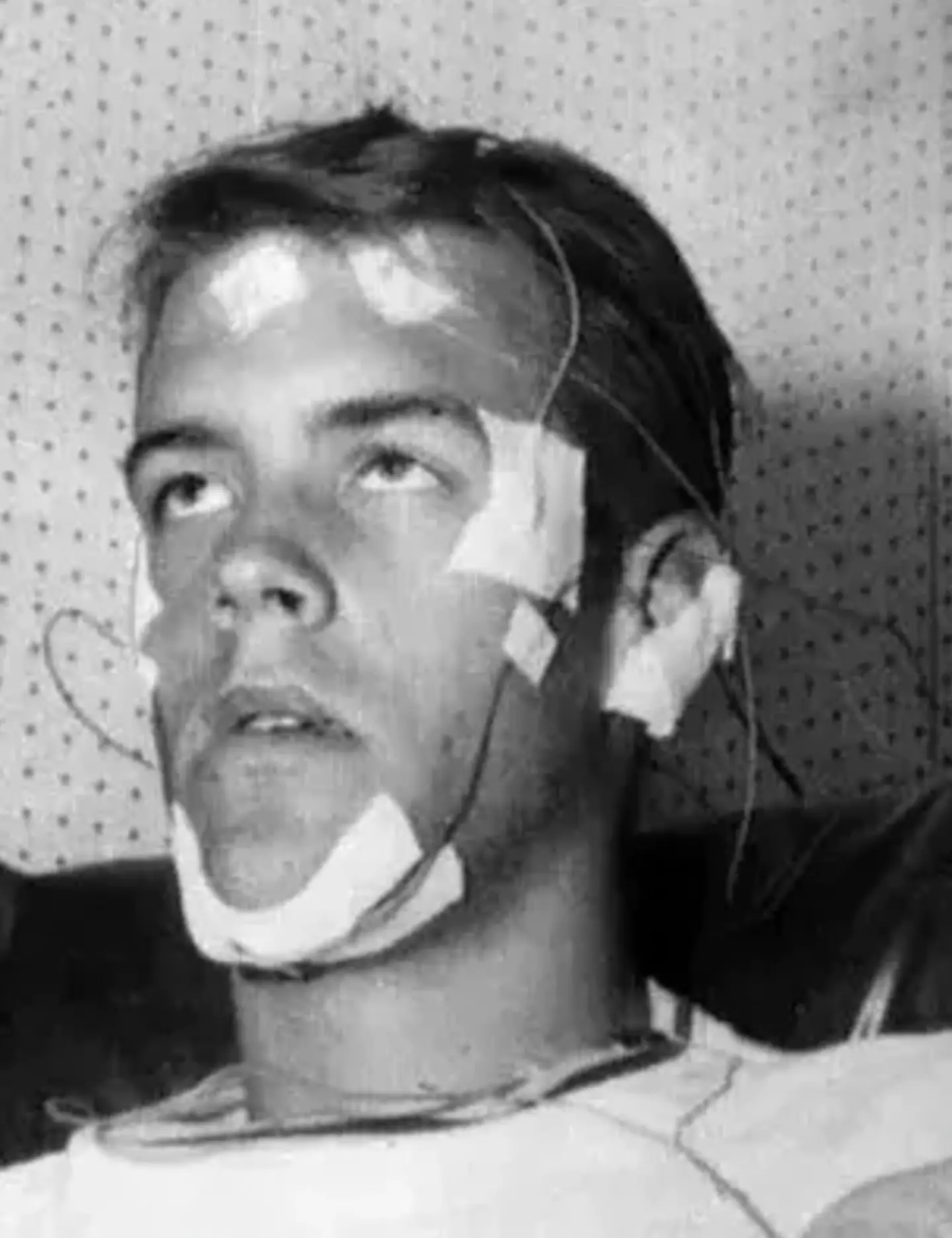
Even without doctors and scientists telling us, it’s easy to understand that we’re not at our best without a decent night’s kip behind us.
However, what would happen if someone decided to forgo sleep? And not just the one all-nighter, but for days on end?
Well that’s exactly what the (somewhat wonderfully named) Randy Gardner did when he was just 17 back in 1963.
The plan came about after he and his school pal Bruce McAllister, both from the US, were thinking up an idea for their school science fair and decided to see what would happen if they attempted to break the world record for staying awake - the pair flipped a coin to decide who would be the guinea pig and Gardner lost.
Advert
McAllister later told the BBC: "We were idiots, you know young idiots, and I stayed awake with him to monitor him.
"After three night of sleeplessness myself, I woke up tipped against the wall, writing notes on the wall itself."
The study was also observed by Stanford sleep researcher Dr William Dement, and US Navy medic Lieutenant Commander John J. Ross.

The effects started to kick in after the second day without sleep, with Gardner stumbling over words when asked to repeat tongue twisters, according to Science Alert.
Advert
By three days without any shut eye, Gardner reportedly experienced moodiness, concentration issues and short-term memory loss, as well as paranoia and even hallucinations.
“He was physically very fit,” Dement said. “So we could always get him going by playing basketball or going bowling, things like that. If he closed his eyes he would be immediately asleep.”
In the end, Gardner stayed awake for 264.4 hours, more than 11 days, after which he finally caved and slept for a full 14-hours before waking up naturally without feeling too 'groggy'.
However, even with the experiment done and dusted, he subsequently found sleeping difficult, according to WBUR.
Decades after the experiment he began to experience insomnia and was convinced his teenage stunt was to blame.
Advert
"I was awful to be around. Everything upset me. It was like a continuation of what I did 50 years ago," he said.

While this science project ultimately created history, sleep deprivation is definitely not recommended by doctors.
If you are suffering from insomnia, the NHS recommends going to bed and waking up at the same time every day, relaxing for an hour before bed by taking a bath or reading a book and exercising regularly during the day.
Right, I'm off for a quick nap.